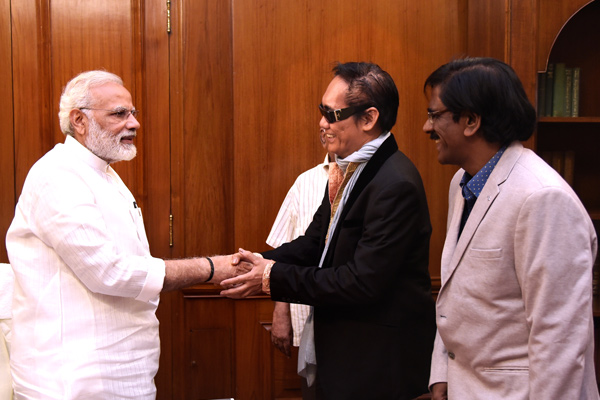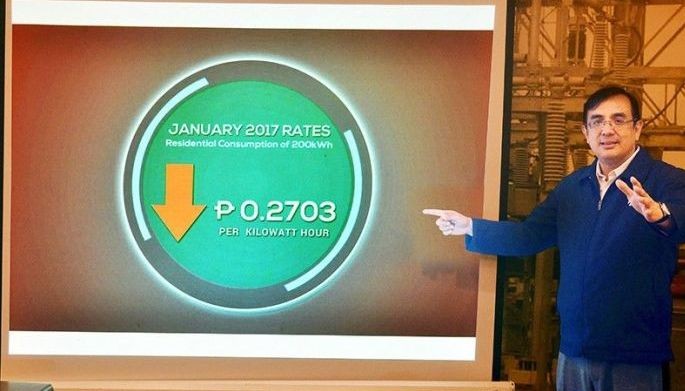THE DUTERTE administration wants this nation of 105 million to make a quick shift to a federal system before the 2019 elections – but continues to hide its working draft of the revised federal constitution. That lack of transparency, we submit, is suspicious.
President Rodrigo Duterte and his operators in the captive Congress should publish the draft – they must have one – so all affected sectors can participate intelligently in the debate over a charter that could lead to a dismembering of the republic or the dawning of autocratic rule.
With only a few days before the convening this month of a joint session of the Congress and its phasing into a constituent assembly to revise the 1987 Constitution, the discussion still revolves around piecemeal revelations of what Duterte wants.
Based on statements of Duterte and his lieutenants, a joint session will be called this month. Converted into a constituent assembly, the body will forthwith process a draft of the proposed federal constitution for submission in a plebiscite during the May barangay elections.
The prevailing opinion is that this timetable is too tight. That the plan is still being pushed betrays an ulterior plot to cancel the 2019 elections for 12 senators, almost 300 district congressmen, and thousands of local officials nationwide.
This No-El option is an inducement for all holdover national and local officials to play along with the convening of the constituent assembly and the quick revision of the Constitution – on the (mistaken?) belief that they would be given significant roles in the emerging setup.
But until the current Constitution is revised or amended and a new charter ratified by the people, the 1987 Constitution stands – and all officials, especially the President, are bound by it.
By themselves, Duterte and his followers in and out of the government cannot disregard the Constitution without creating a crisis. To go around this mess, he could declare a Revolutionary Government (an option his mouthpieces have hinted at lately).
This move finds a precedent in the action taken in 1972 by then President Ferdinand Marcos declaring a coup d’etat from the center, and by then President Cory Aquino who in 1987 scrapped the 1973 Marcos Constitution and installed a revolutionary government.
The arbitrary disregard and eventual revision of the Constitution have been done in the recent past. It could be done again by a strongman forcing his way out of a crisis, even one that is self-made. A RevGov, although looking far-fetched, is still an option.
With the political opposition leaderless and in disarray, only the military can forestall an illegal RevGov or a coup of sorts. But the armed forces, together with the national police, have been coddled and fattened by Duterte, raising doubts they would go against him.
We are not sure if the Supreme Court, itself under siege, will have the moral courage to rule against constitutional transgressions. Even if it rules against abuses, it does not have the force of arms to carry out its rulings.
• Cutting up an already unified nation
THE EMERGING federated setting appears leading to the cutting up of the nation under a still undefined system, sometimes also described as parliamentary.
Many times in his public statements, Duterte has dwelled on what he said is the need to right the wrongs of history, referring to the dispossession of the Moros, with whom he now claims affinity, from the Spanish colonial past to the neocolonial misadventures of the United States in the South.
His narrative is that the Moros of the Mindanao-Sulu-Palawan archipelago resisted Spanish conquest and Catholic conversion and held on to their territory and faith – even with the advent of latter-day American colonialists.
This attempt of foreigners to subjugate them was followed by the land-grabbing by non-Muslim settlers drawn by the rich promise of Mindanao. Their influx added another layer of trespassers.
Duterte, who admits being the son of a Bisayan settler in Davao, now claims to have Moro (also Chinese) blood from his ancestors. He has promised the Moro secessionist groups a degree of autonomy if they would stop their armed defiance of the government.
While the previous Aquino administration dealt with the Moro Islamic Liberation Front, Duterte has added the MILF’s forerunner, the Moro National Liberation Front under Nur Misuari to the peace-keeping and power-sharing equation under the federal setup in his mind.
It remains to be seen if giving them an autonomous region or a sub-state of their own would buy peace, and for how long. This assumes that the rest of the country agree to what looks like a dismembering of the country.
Is Duterte leading the nation in the opposite direction taken by other federal systems elsewhere? While other countries were formed by gathering together separate states or regions under a federated union, he seems to be doing the opposite.
Duterte seems to be dividing an already unified nation and carving it into its tribal origins and giving back territory and residual power to the component sub-states.
In allocating territory and certain exclusive powers to the component states, Duterte will not be dealing only with the Moros, who will demand that only their Shariah laws be made applicable to them and not subject to review by the Supreme Court.
He has to also accommodate political dynasties, warlords, business interests and others who feel naked without their accustomed political entitlements – a formula for inequity and division.
A footnote is that married officials and other VIPs who want to marry their girlfriends or collect more than one wife will find a way to convert and qualify under Islamic laws allowing multiple wives.
* * *
ADVISORY: Past Postscripts can be accessed at manilamail.com. Follow me on Twitter as @FDPascual. Email feedback to fdp333@yahoo.com



 Twitter
Twitter Google+
Google+ RSS Feed
RSS Feed Contact Us
Contact Us
































